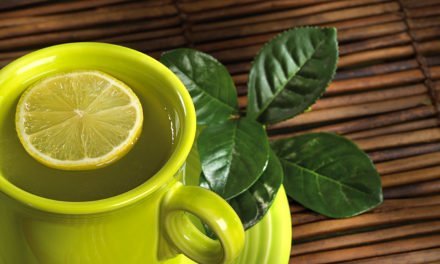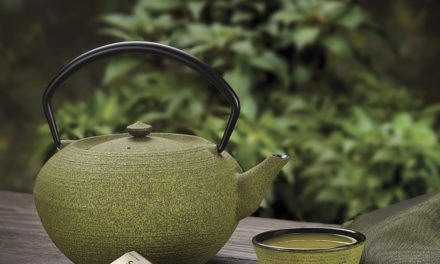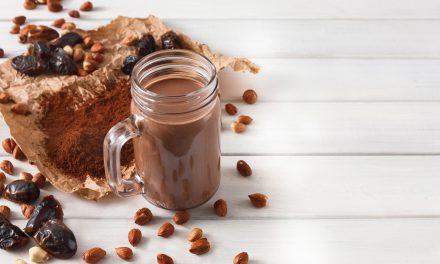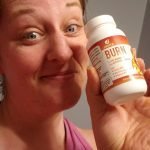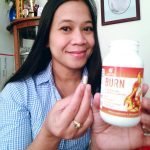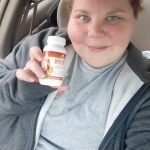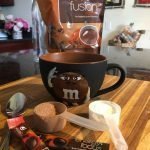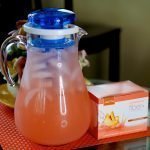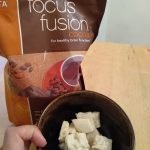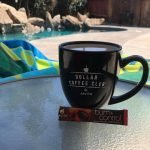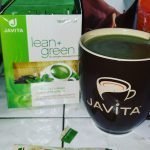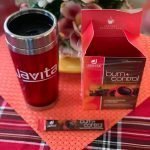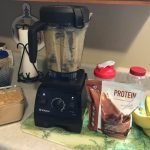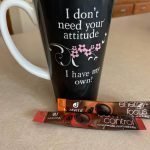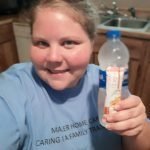Alzheimer’s disease (AD) is a progressive neurodegenerative disease of the elderly. The rapid increase in its incidence has necessitated development of newer drugs. Ayurvedic herbal medications are increasingly researched due to their biosafety profile and usefulness in cognitive impairment. In this article, we critically reviewed one such Medhya Rasayana (nootropic drug) Brahmi-derived from extract of Bacopa monnieri (EBm).
Studies have shown that EBm promotes free radical scavenger mechanisms and protects cells in prefrontal cortex, hippocampus, and striatum against cytotoxicity and DNA damage implicated in AD. It also reduces lipoxygenase activity reducing lipid peroxidation, increases glutathione peroxidase and chelates iron. Administration of EBm was seen to protect the cholinergic neurons and reduce anticholinesterase activity comparable to donepezil, rivastigmine, and galantamine. It also reduces hippocampal β-amyloid deposition and stress-induced hippocampal damage. The neuroprotective effect of EBm is also due to nitric oxide-mediated cerebral vasodilation. EBm improved the total memory score and maximum improvement was seen in logical memory and paired associate learning in humans and reversed phenytoin-induced memory impairment in experimental model. EBm has not shown any serious clinical, neurological, hematological complications, or vital organs damage in experimental studies.
Amnesia and cognitive defects are cardinal symptoms of Alzheimer’s Disease (AD) [5]. In many studies conducted on humans and animals, Brahmi has shown to improve memory performance and cognitive function. In a double-blind, randomized, placebo-controlled trial conducted in Lucknow in India, 35 subjects aged above 55 years were subjected to Wechsler Memory Scale for comparison between placebo and EBm treatment groups. Subjects were tested on various sub-tests like general information, orientation, mental control, logical memory, digit forward, digit backward, visual reproduction, and paired associated learning. Scores were given to each sub-test and total memory score was calculated by adding the score of all subtests. The test results showed that there was significant improvement in total memory score of EBm-treated patients vs. placebo-treated patients. At 8 and 12 weeks after initiation of trial, maximum increment was seen after 8th week with maximum improvement seen in logical memory and paired associate learning sub-tests [47]. This study suggests that EBm can be useful agent in treatment of age-associated memory impairment.
In another study double-blind, randomized, placebo-controlled study efficacy of Brahmi as a memory enhancer on chronic dosing in 76 adults who were given Brahmi 300 mg/day and placebo. Subjects were tested for tasks of attention, memory, and psychological state at baseline. The results observed at 6 and 12 weeks after the trial demonstrated an increase in information retaining capacity over time. This was due to decreased forgetfulness as opposed to increased procurement because Brahmi did not show any beneficial effect on learning trials [48]. In a randomized, double-blind placebo-controlled trial of 36 children with Attention Deficit Hyperactivity Disorder, improvement in logical memory was demonstrated [49]. In a randomized, double-blind, placebo-controlled trial conducted in Australia on 81 subjects aged above 55 years who were given EBm in the dose of 300 mg/day for 12 weeks, remarkable improvement was demonstrated in verbal learning, memory acquisition, and delayed recall [42].
Kumar et al. [50] investigated the effect of EBm on cold stress induced neurodegeneration in hippocampus of rats. Histologically, rat brains were divided into 4 groups: group 1 consisted of rats which were kept in ideal laboratory conditions, group 2 rats were given EBm in the dose 40 mg/kg, group 3 rats were forced to swim in the cold water (temperature: 18 ± 2°C) for 1 month which generated cold water swim stress in their body, and group 4 were given cold water swim stress for 1 month which was followed by treatment by EBm for about 1 month in the dose of 40 mg/kg. Histophotometric study of hippocampus was done in which diameter of cells, total number of cells in the square, and packing density of cells were taken into consideration. Group 3 cells showed decreased diameter of cells, number of cells per square, and packing density of cells which was indicative of stress-induced damage while group 4 cells showed increased cell diameter, number of cells per square, and cell packing density. Group 4 rats showed the above parameters comparable to that of group 1 rats. This study demonstrated that EBm has got important therapeutic effect in abolishing stress-induced hippocampal damage.
In an experimental model by Saini et al. [51], an intracerebroventricular injection of the drug colchicine was given to cause oxidative stress and increased lipid peroxidation, which resulted in significant memory loss. This was demonstrated by significant reduction in retention in elevated plus maze test. However, on treatment with EBm colchicine, administered animals showed a significant increase in retention time suggestive of cognitive improvement.
Antiepileptic drug phenytoin causes cognitive impairment on regular use in many patients. Using this principle, phenytoin was given to experimental rats in a dose of 25 mg/kg for 7 days resulting in significant cognitive impairment in the rats. Administration of EBm caused significant reversal of phenytoin-induced memory impairment [52].
Benzodiazepines are known to cause dementia by their GABAergic action and by interfering with long-term potentiation. Diazepam was administered in a dose of 1.75 mg/kg to induce amnesia studied using the Morris Water Maze Test in mice. This was reversed by EBm given orally in a dose of 120 mg/kg [53].
In a study conducted by Kishore and Singh [54], it was found that Brahmi attenuated scopolamine, sodium nitrite and BN52021 (platelet activating factor antagonist) induced amnesia. The possible mechanism was by improving acetylcholine levels in mice in the above setting and was observed by improved performance on the Morris Water Maze Test. In this study, bacoside treatment decreased escape latency time which indicates that bacosides have predominant action on attenuating anterograde amnesia.
#increasedattention #betterrecall #healthycoffee #dollarcoffeeclub


